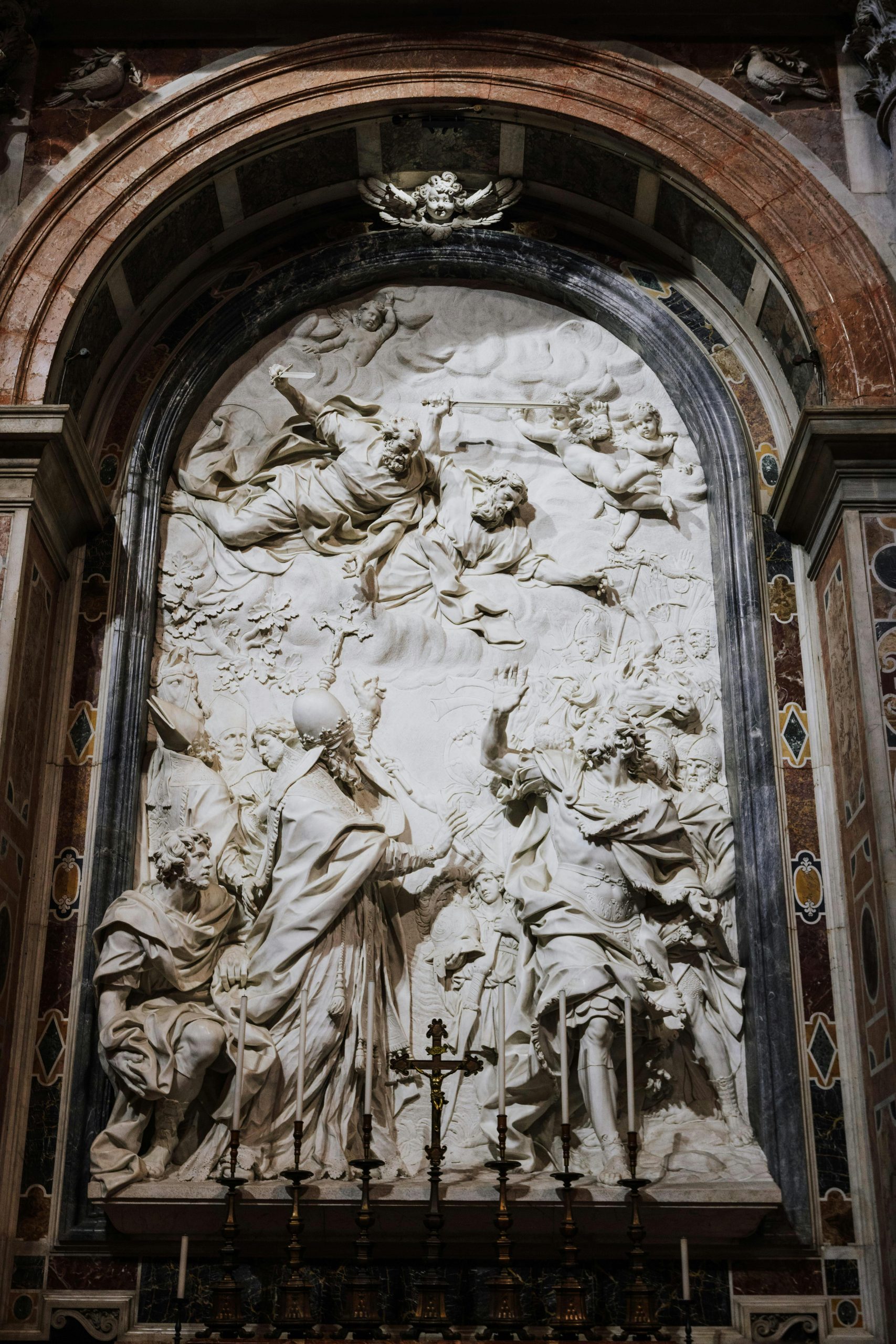Feeling Concerned as My Girlfriend Overuses ChatGPT and Loses Her Original Thought
The Impact of AI Dependency on Human Creativity: A Personal Concern
In our rapidly evolving digital landscape, the integration of AI into our daily lives is becoming increasingly prominent. While tools like ChatGPT can offer instant answers, creative prompts, and convenient suggestions, there are emerging concerns about the potential overreliance on these technologies.
I find myself in a situation that raises questions about this dependency. My girlfriend has turned to using ChatGPT for just about everything—from seeking opinions and recommendations to generating ideas for projects. Initially, I admired her novel approach to problem-solving, but as time has passed, I’ve noticed a concerning trend: she seems to be relying on AI to do her thinking for her.
This reliance is unsettling to me. I worry that, over time, she may lose her capacity for independent thought and creativity. Instead of brainstorming, deliberating, and engaging with her own ideas, she increasingly opts for quick responses from an AI model. While it may seem convenient, I fear that this habit could lead to a future where she struggles to form original thoughts or engage in creative processes herself.
The implications of such a scenario are profound. If she continues down this path, will she become less adept at critical thinking? How will it affect her ability to innovate or express herself authentically? These questions linger in my mind, and I can’t help but wonder: Could this dependency on AI become addictive?
I’m reaching out to the community for insights and experiences. Have others witnessed similar patterns in their relationships or within themselves? What are the long-term effects of leaning too heavily on AI for decision-making and creativity? Your thoughts and perspectives would be invaluable as I navigate this concern for her future and our relationship.
Let’s spark a conversation about the balance between utilizing technology and maintaining our essential human capacities for creativity and independent thought.














Post Comment